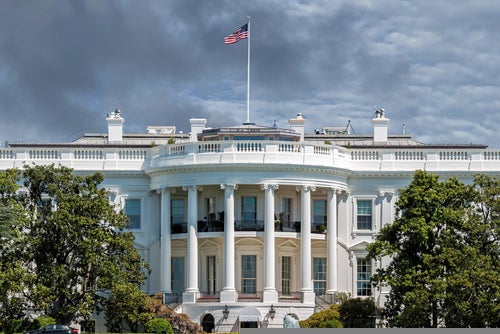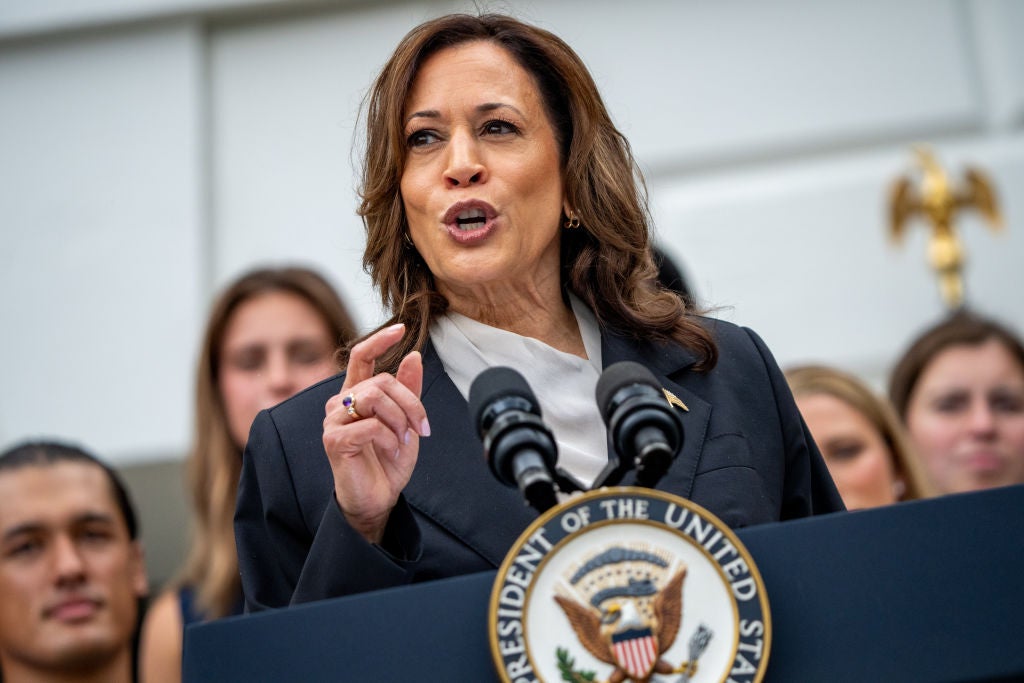
On Tuesday 3 November, the United States takes to the polls in one of the most dramatic elections in recent memory.
On the one side is the incumbent, Donald Trump, whose tenure has been tumultuous by the standards of most US Presidents. On the other is Joe Biden, a former Vice President under Obama.
Early polling suggests that Biden is fractionally ahead in the race but, with such fierce and opposing campaigns, the result is likely to take a few days to truly emerge. In this briefing, GlobalData’s automotive analysts summarize the potential impacts of the election:
United States-Mexico-Canada Agreement
- Formerly the trading block known as NAFTA, now renegotiated into USMCA
- Little change is expected here if either party wins. The Trump administration originally negotiated the agreement and Biden has given no indication that he will repeal the agreement
- USMCA made a number of changes across the trading group. For the automotive industry, the main change was the increased rules of origin requirements that now state 75% of a vehicle’s bill of materials must come from within the trading area – up from 62.5% under NAFTA
- The Trump administration had previously pushed for even greater levels of locally produced content so may use a second term to continue lobbying in this direction
- USMCA is popular with auto workers and Trump supporters due to its focus on bringing jobs and manufacturing back to North America. However, USMCA requirements as they currently stand, along with international auto tariffs as described below, are likely to make it more expensive for automakers because parts and material prices will be higher, and staff wages will be higher than manufacturing vehicles in other countries
Tariffs
- A Biden win would probably see a rolling back of tariffs introduced on raw materials and components – the candidate has said he will ‘re-evaluate’ the measures if he gets into the White House
- This move towards free trade could undo levies on imports introduced by the Trump administration as a punitive measure against China during the US-China ‘trade war’
- Under these tariffs, the prices of steel and aluminium have risen while jobs in equivalent industries in the US have effectively been subsidised by these tariffs
- If Biden wins, he may see pushback from the steel industry lobby which has been made more competitive thanks to the Trump administration’s tariffs, and by the fact that USMCA requires 70% of a vehicles’ steel and aluminium needed to be purchased within the USMCA area
- However, if Biden is seen to take a weak stance on trade with China, it could be problematic in the mid-west where many steel jobs are based – something that played into Trump’s hands in the 2016 election
Fuel economy regulations
How well do you really know your competitors?
Access the most comprehensive Company Profiles on the market, powered by GlobalData. Save hours of research. Gain competitive edge.

Thank you!
Your download email will arrive shortly
Not ready to buy yet? Download a free sample
We are confident about the unique quality of our Company Profiles. However, we want you to make the most beneficial decision for your business, so we offer a free sample that you can download by submitting the below form
By GlobalData- Trump and Biden differ here – Trump wants to freeze or lower fuel economy regulations, while Biden has committed to keeping the US on track to reduce emissions in line with the plan introduced by the Obama administration
- In general, US automakers have been fairly agnostic on what regulations they would like to see – mostly opting to ‘keep out of politics’. While some have voiced concern over the Trump administration’s changes to fuel economy regulations, others have remained mostly silent
- All auto manufacturers will want to see certainty on future regulations from the next administration, whoever ends up winning, so they can begin planning their responses to new regulations now
- Biden has not explicitly endorsed a June plan by the Democratic-led US House of Representatives that proposed fuel consumption reductions of at least 6% per year, starting in 2026 – up from the current 1.5% rate introduced by the Trump administration – although it is a good indicator of the kind of proposal a Biden administration may field
– By Mike Vousden






